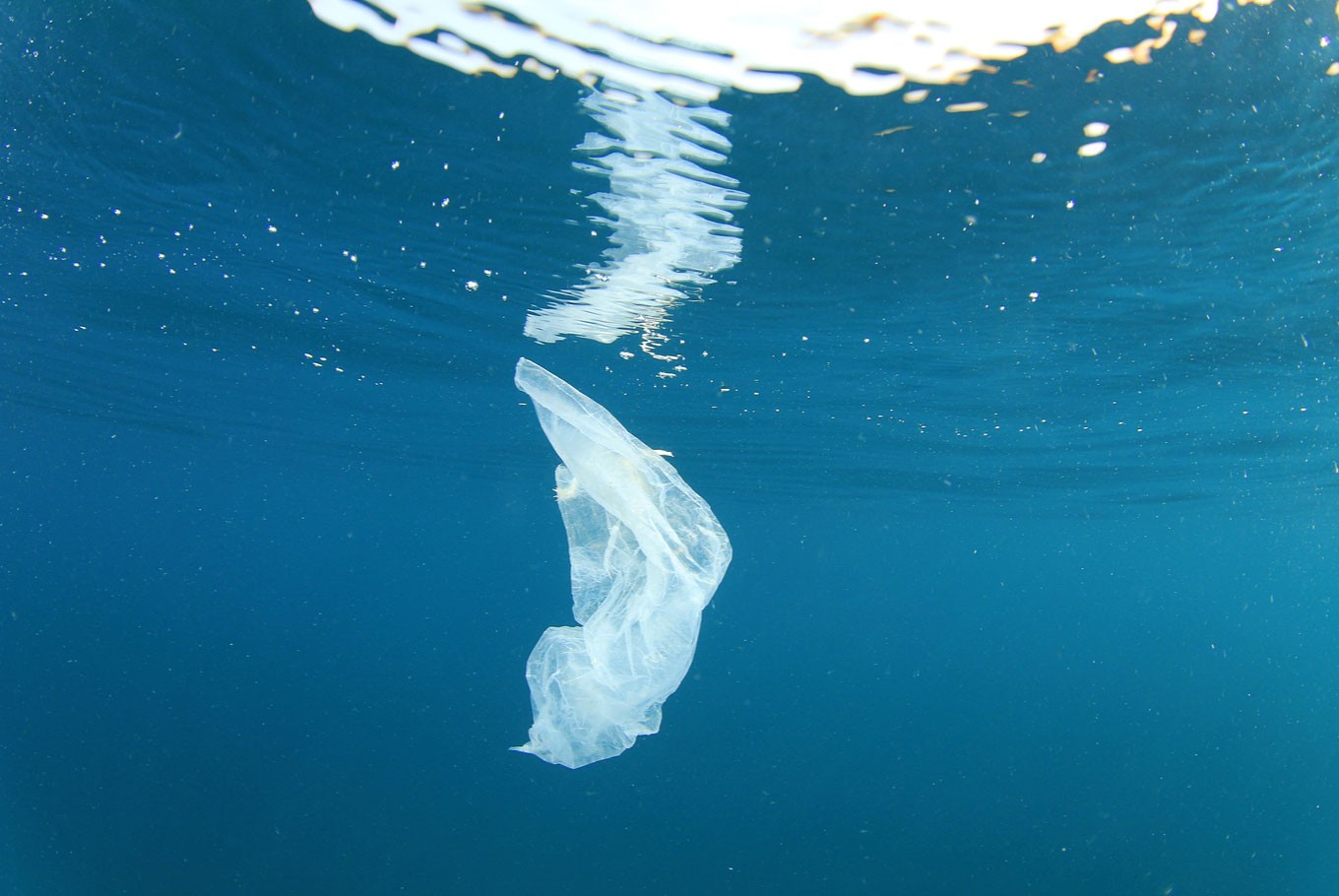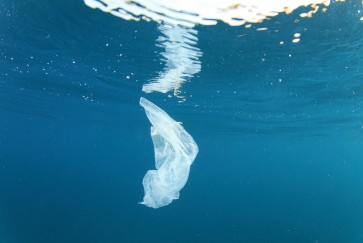Popular Reads
Top Results
Can't find what you're looking for?
View all search resultsPopular Reads
Top Results
Can't find what you're looking for?
View all search resultsOceans for fish, not plastic
Maritime debris experts point out Indonesia has become the world’s second-biggest marine pollutant, tossing approximately 1.3 million tons annually into waters. If we don’t act now, there could be more plastic particles than fish in the oceans by 2050.
Change text size
Gift Premium Articles
to Anyone
M
illions of Indonesians depend on oceans to feed their families. Fishermen, ferryboat drivers, tour guides and freight workers. When the ocean suffers, so do lives.
But 5.25 trillion pieces of plastic are swirling around in the world’s seas. Five giant “patches” of garbage are floating in the world’s oceans. They are nearly equivalent to the entire land mass of Indonesia. They’re growing. Patches have collected so much trash — mostly plastic — they can be seen from space.
Plastic production has risen steadily for fifty years. Out of 299 million tons of plastic produced in 2013 globally, 50 percent was for single-use packaging. When we order food to our homes, or ask for food and drink to “take away”, we are creating waste for personal convenience. There is a one in five chance it will end up in the ocean.
Maritime debris experts point out Indonesia has become the world’s second-biggest marine pollutant, tossing approximately 1.3 million tons annually into waters. If we don’t act now, there could be more plastic particles than fish in the oceans by 2050.
Up to 135,000 whales globally are entangled in marine plastic each year. Countless fish, seals, birds and turtles are ingesting marine waste, and choking to death.
Fishermen have reported animal carcasses washing up, entangled in plastic bags.Plastic is killing migratory animals and endangered species. Marine plastic is poisoning one of Indonesia’s most nutritious food: fish.
Microplastics are particles smaller than 1mm coming from clothing and cosmetics. They are ingested by fish and shellfish species including mussels, clams, oysters particularly in shallow water or coastal areas. Microplastic-poisoned fish are eaten by people. We need to know more about this impact on human health. The impact of marine waste on tourism is worrying. For example, Wakatobi is known for having the highest number of reefs and fish species in the world and is a protected marine national park. International companies are developing five-star hotels.


















